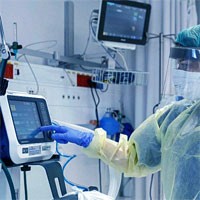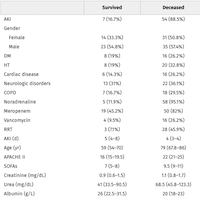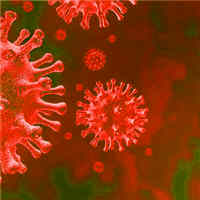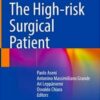Proton-Pump Inhibitor Prophylaxis in the ICU
nejm.org
Critical illness can disrupt local and systemic mechanisms that protect against upper gastrointestinal bleeding, a condition that may be associated with increased mortality, particularly among patients receiving extracorporeal life support. On the basis of randomized trials performed over a period of 40 years,3 most guidelines recommend preventive therapy with either histamine H2–receptor antagonists or proton-pump inhibitors (PPIs) for patients in the intensive care unit (ICU) who are at risk for the development of stress ulceration and bleeding.
A review of this approach is timely, owing to a number of considerations. First, contemporary observations suggest that stress-ulcer bleeding may be less prevalent than it was in the past, probably as a result of improved care in the ICU. Second, the overall benefit from PPIs may be reduced by adverse events that are associated with the use of these agents, including nosocomial pneumonia, Clostridium difficile enteritis, and myocardial ischemia. Third, administration of enteral feeding in parallel with bleeding prophylaxis may reduce the risk of gastrointestinal bleeding, possibly obscuring the benefits of PPIs; conversely, the combination may increase the risk of nosocomial pneumonia.















